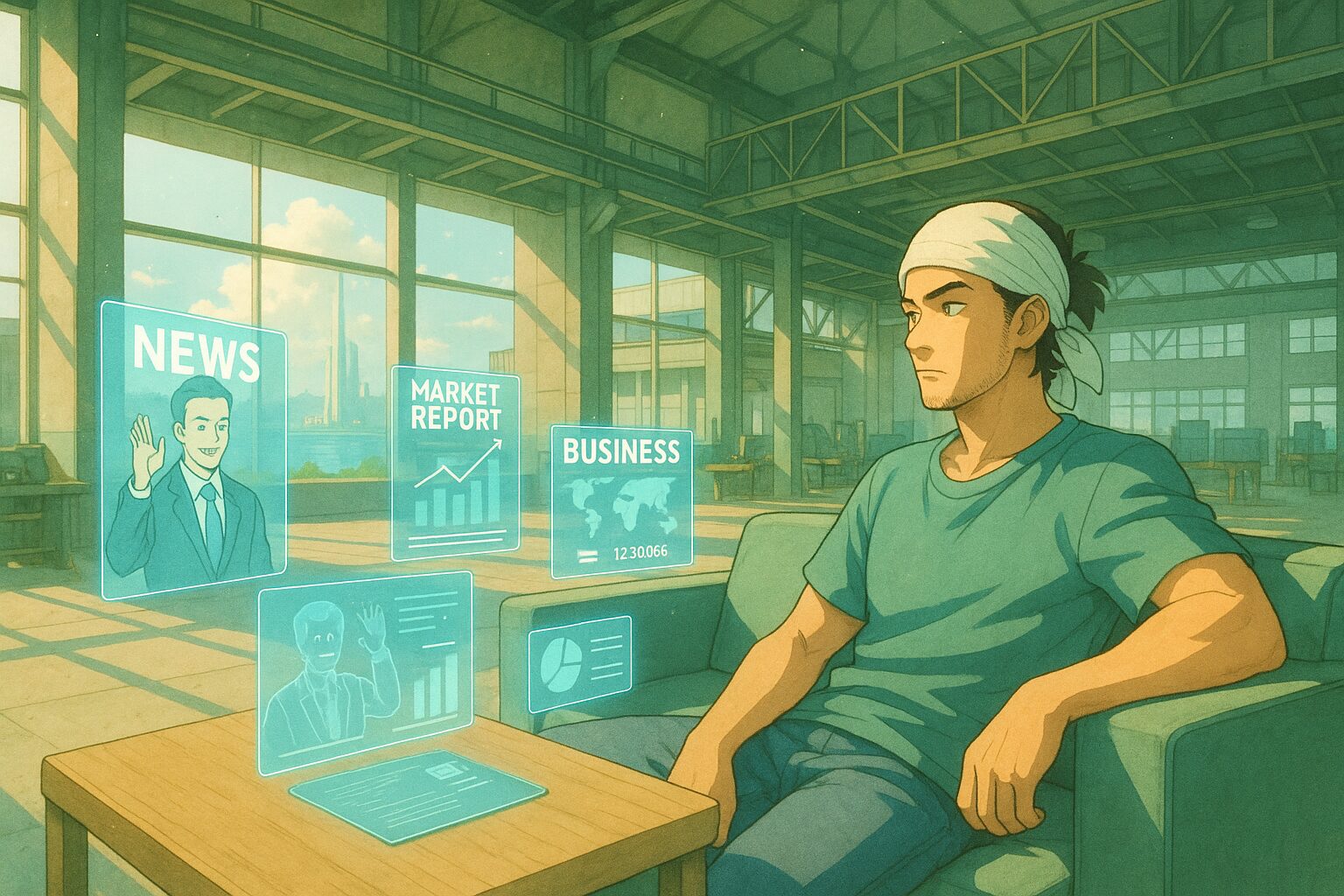How Will the Future Change When Soft Robots with AI Learn to Move?
Researchers at MIT have developed a new technology that allows soft robots to learn the movements of their own bodies. We are entering an era where robots can achieve self-awareness using vision and AI, without the need for sensors or complex programming. As this technology evolves and becomes more widespread, how will our lives and society change?
1. Today’s News
Source:
MIT Teaches Soft Robots Body Awareness Through AI And Vision
Summary:
- MIT’s research team has developed a system that teaches soft robots to learn movement using only AI and vision.
- Since it doesn’t require sensors or manual programming, cost reduction is expected.
- This technology will improve the adaptability of robots, making them usable in various environments.
2. Considering the Background
The use of soft robots is increasing in demand in the medical and service industries. However, traditional robotic technologies have required expensive and complex sensors. To address this issue, a new approach utilizing vision and AI has emerged. As a result, robots can understand their own bodies and move more flexibly. What kind of impact will this technological innovation have on our lives?
3. What Will the Future Look Like?
Hypothesis 1 (Neutral): A Future Where Robots Are Commonplace
With the new technology, soft robots may become a regular presence in homes and workplaces. For example, we may see an increase in robots assisting with household chores or working in nursing facilities. This could make our lives more convenient; however, the value system regarding how we accept robots will come into question.
Hypothesis 2 (Optimistic): A Future of Significant Advances in Robotics Technology
If this technology evolves, robots may begin to function as important partners in human society. A wide range of applications in educational and medical settings is expected, particularly in rehabilitation and support for people with disabilities. Society as a whole will foster new values for coexisting with robots.
Hypothesis 3 (Pessimistic): A Future Where Human Jobs Are Lost
On the other hand, the entry of robots into the labor market raises concerns about humans losing jobs. The impact may be particularly evident in fields involving simple labor. As a result, we may need to reconsider the meaning of work and the role of humans.
4. Tips for Us
Thinking Tips
- Reconsider how to coexist with robots.
- Explore new ways of working and living that utilize technology.
Small Practical Tips
- Actively incorporate technology into daily life.
- Proactively learn about AI and robotics, and share knowledge.
5. What Would You Do?
- Will you start activities to become familiar with robots?
- Will you promote discussions to redefine human value?
- Will you maintain a cautious stance towards new technologies?
What kind of future do you envision? Please share your thoughts on social media or in the comments.









